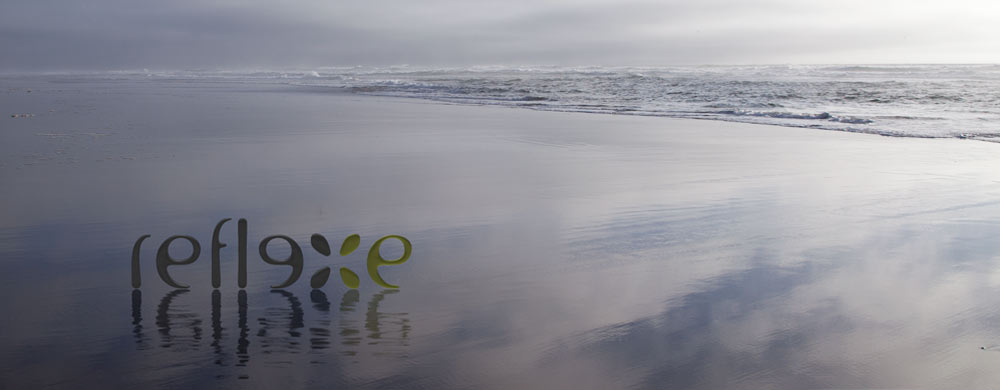Sustainable advertising
Sustainable: “that which is maintained over time, without depleting resources or harming the environment.”
Advertising: “Set of media, techniques and activities that aim to inform the public of a product, an opinion or a story with a specific purpose.”
Any attitude, field or discipline that we can imagine can be sustainable. Advertising is no exception. Years ago I started to change customs and habits, in my daily life, to reduce the environmental impact by taking an interest in practices to live in a more sustainable and comfortable way. I informed myself and discovered tools like EdTOOL (ecodesign tool), a web in which Inèdit, UAB and Sostenipra have implemented a customisable guide for companies that want to improve the sustainability of their services and products through ecodesign.
I understood things like the fact that manufacturing multi material products is more harmful than manufacturing mono material products. Or bearing in mind the fact that the environmental impact of the product depends on the type of material, and the production, packaging, and transport used in distribution, its use and maintenance or end of product life.
It really made me reflect on how I could apply these guidelines to the world of advertising. Adapting the same philosophy of ecodesign to sustainable advertising.
Thanks to my experience in the field of communication and advertising I have been able to develop a series of good work practices for sustainable advertising.
Sustainability concepts are applicable to the art world and the industrial world on a different scale. An industrial company has a broader impact on the environment. But actions from the two areas are based on the same philosophy regardless of the magnitude.
If all consumers demanded sustainable products, the market would adapt, as is already happening recently. All small actions count. I have a feeling that in the not too distant future sustainability will be on the agenda, not by choice but by necessity. Maybe then the next future generations can continue to enjoy the benefits of the natural resources of our planet.










